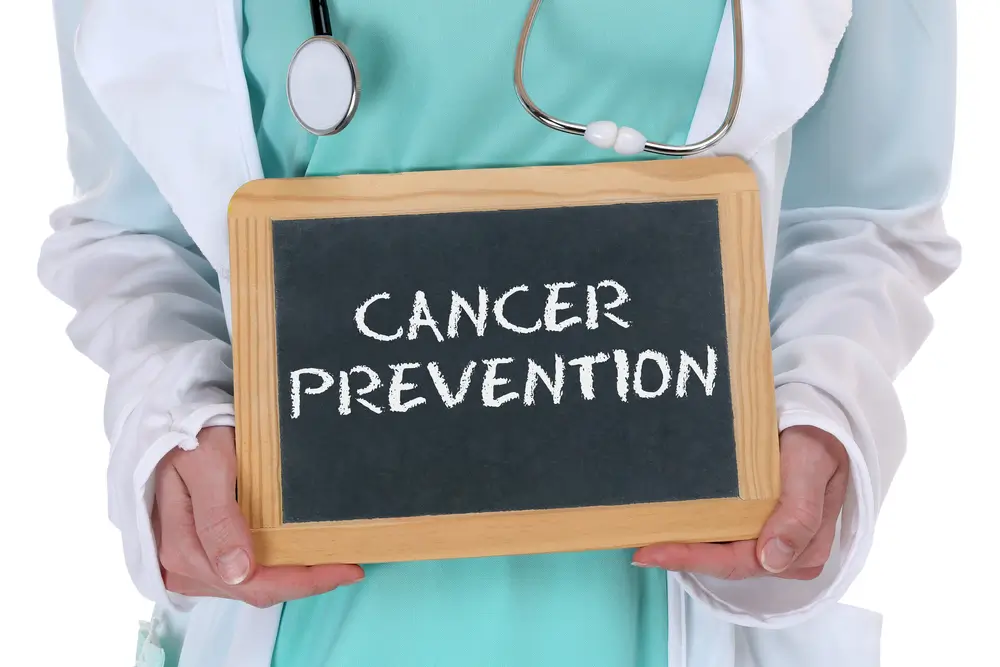Every February, National Cancer Prevention Month serves as a powerful reminder of the importance of early detection and proactive healthcare in the fight against cancer. Gastrointestinal cancers, including colorectal, esophageal, pancreatic, and liver cancer, can often be detected early or even prevented with proper screenings and lifestyle changes. As specialists in digestive health, gastroenterologists play a crucial role in cancer prevention by offering advanced screening tools and expert guidance to keep you healthy.
The Importance of Cancer Screening in Prevention
Many gastrointestinal (GI) cancers develop gradually, often starting as non-cancerous growths or inflammation before turning into something more serious. Regular screenings can detect abnormalities before they become life-threatening, making early detection one of the most effective ways to prevent cancer.
Key Cancer Screenings Offered by Gastroenterologists
- Colonoscopy: Preventing and Detecting Colorectal Cancer
- Why it matters: Colorectal cancer is one of the most common and preventable cancers. It often begins as polyps, small growths in the colon or rectum that can turn cancerous over time.
- How screening helps: A colonoscopy is the gold standard for colorectal cancer detection and prevention. During the procedure, your gastroenterologist can remove polyps before they become cancerous.
- When to get screened: The American Cancer Society recommends starting screenings at age 45, or earlier if you have a family history of colorectal cancer.
2. Upper Endoscopy (EGD): Screening for Esophageal Cancer
- Why it matters: Chronic acid reflux (GERD) can lead to Barrett’s esophagus, a condition that increases the risk of esophageal cancer.
- How screening helps: An upper endoscopy (EGD) allows your doctor to examine the esophagus and detect precancerous changes early.
- When to get screened: If you suffer from persistent GERD, difficulty swallowing, or a history of smoking and heavy alcohol use, your doctor may recommend an upper endoscopy.
3. Liver Disease Evaluation: Monitoring for Liver Cancer
- Why it matters: Hepatitis B, Hepatitis C, cirrhosis, and fatty liver disease significantly increase the risk of liver cancer.
- How screening helps: Your gastroenterologist may recommend blood tests and imaging (such as ultrasound or MRI) to monitor liver health and catch cancer early.
- When to get screened: If you have chronic liver disease, regular screenings are essential for early detection.
4. Pancreatic Cancer Risk Assessment
- Why it matters: Pancreatic cancer often develops silently, with symptoms appearing only in advanced stages.
- How screening helps: Individuals with a family history of pancreatic cancer or genetic predisposition may benefit from advanced imaging and genetic testing to assess their risk.
- When to get screened: If you have a strong family history or certain genetic markers, your doctor may recommend screenings.
How to Reduce Your GI Cancer Risk
Beyond screening, lifestyle changes can significantly lower your cancer risk. Your gastroenterologist can help guide you in making healthy choices, including:
✅ Maintaining a Healthy Diet – A diet rich in fiber, fruits, and vegetables can lower the risk of colorectal cancer. Reducing processed meats and excess alcohol also supports digestive health.
✅ Staying Active – Regular physical activity is linked to a lower risk of colon and other GI cancers.
✅ Avoiding Tobacco and Excess Alcohol – Smoking and heavy alcohol use increase the risk of esophageal, liver, and pancreatic cancer.
✅ Managing Acid Reflux – Chronic GERD can lead to esophageal damage and increase cancer risk. Proper treatment and lifestyle modifications can help reduce acid exposure.
✅ Monitoring Liver Health – If you have hepatitis, fatty liver disease, or cirrhosis, regular check-ups can help detect potential issues before they progress.
Take Control of Your Health This National Cancer Prevention Month
Cancer prevention starts with awareness, early detection, and proactive health choices. If you’re due for a colonoscopy, have symptoms that concern you, or need guidance on reducing your cancer risk, schedule an appointment with Bedford Gastroenterology today. Our team is dedicated to providing expert care and helping you take control of your digestive health.
Take the first step in prevention—contact us today to schedule your screening and protect your health for years to come.

